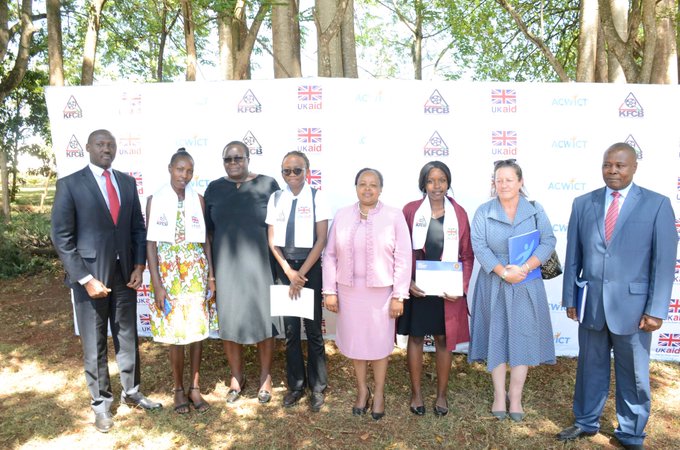While the Covid-19 pandemic was our generation's defining health global crisis, it birthed some positive things such as the ACWICT Covid-19 Digital Employability Project.
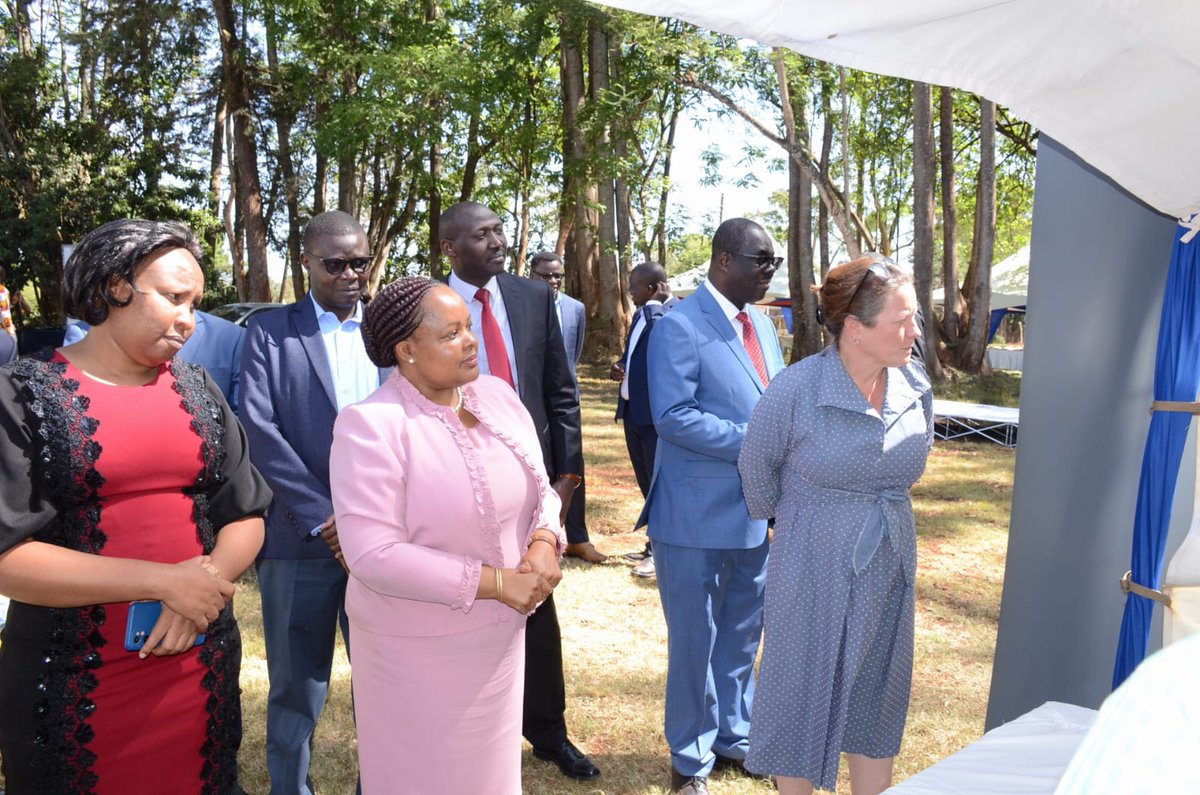
This is according to the Secretary to the Cabinet Mercy Wanjau.
While speaking during a graduation ceremony for the first tranche of 2,384 young women who completed the Digital Employability Programme on Tuesday, Wanjau noted Kenya’s resilience during Covid-19, occasioned by its approach to embracing ICT.
“Like many other countries in the world, Kenya was able to remain resilient during the difficult pandemic period because of adopting ICT and we are seeing the gains that rose from that shift,” Wanjau said.
Read More
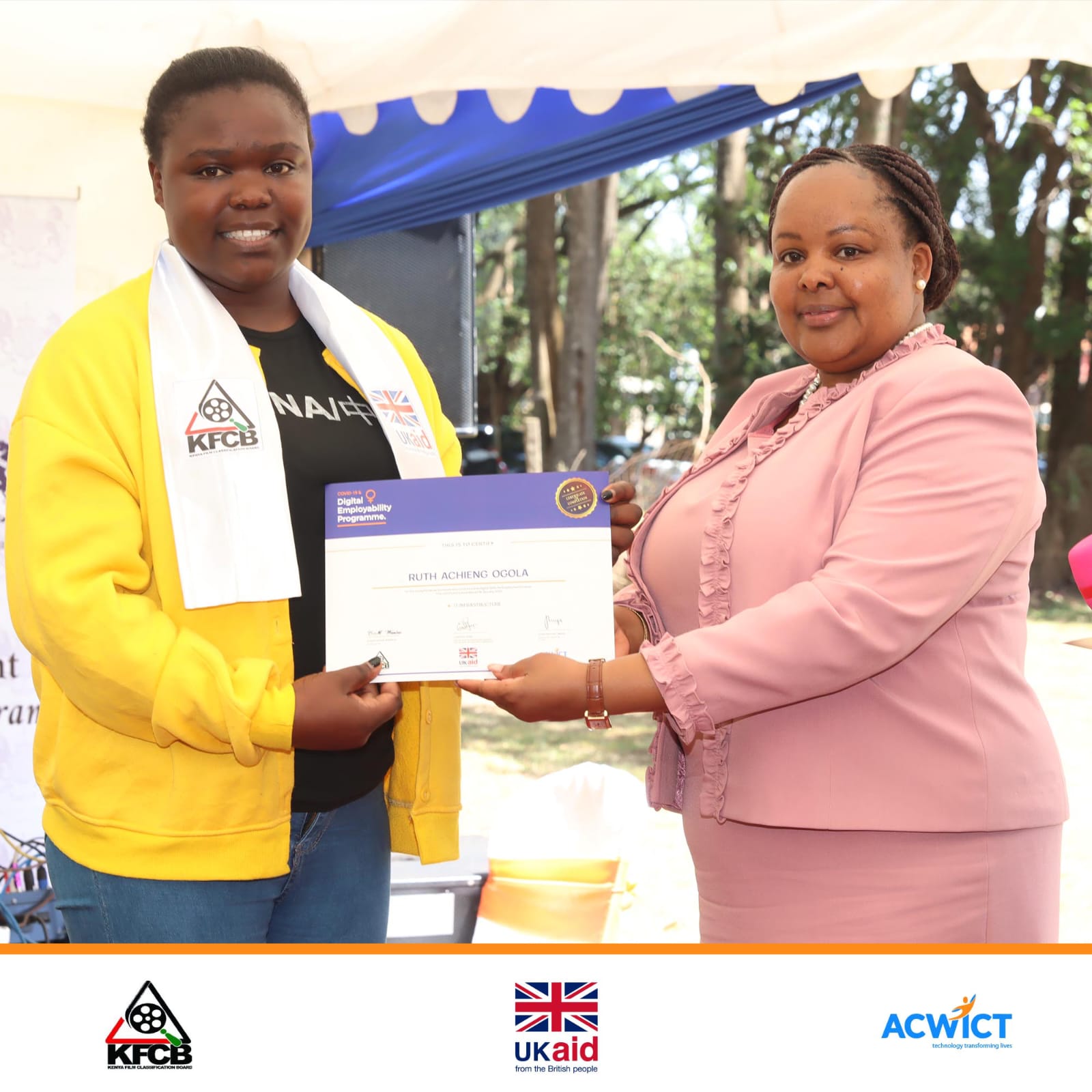
"The Digital Employability Programme is a silver lining to have come out of the pandemic and these young women graduating today can start making a living and contributing to nation-building.”
Wajau disclosed that 2,874 young women had been trained under the program, 2,012 have been mentored and 981 have since been placed into jobs.
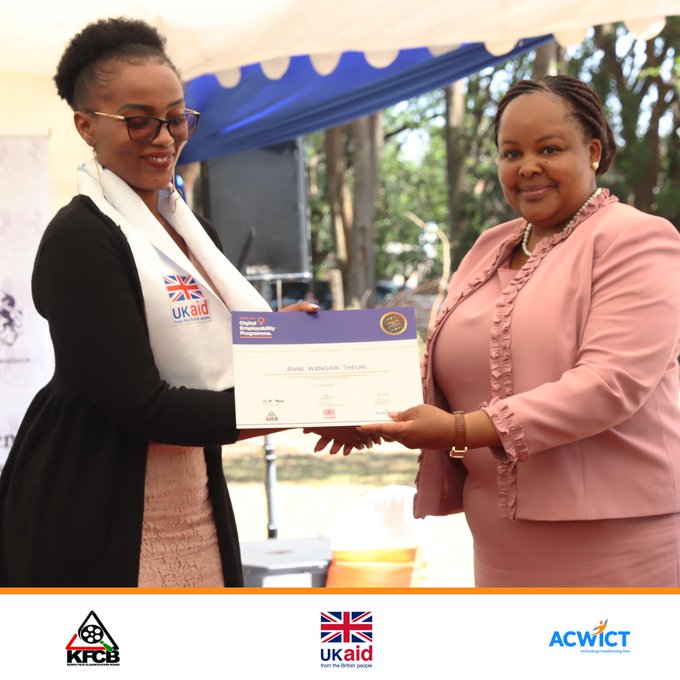
The acting Kenya Film Classification Board (KFCB) Chief Executive Christopher Wambua said the government was working to establish the framework for young content creators to showcase their talent.
He encouraged women to venture into the creative space and noted that women only account for 30 per cent of the total number of content creators in the country while the others are men.
"Women’s participation in the creative space has for long lagged behind that of their male counterparts with women filmmakers accounting for 30 per cent of professionals in the sector," Wambua said.
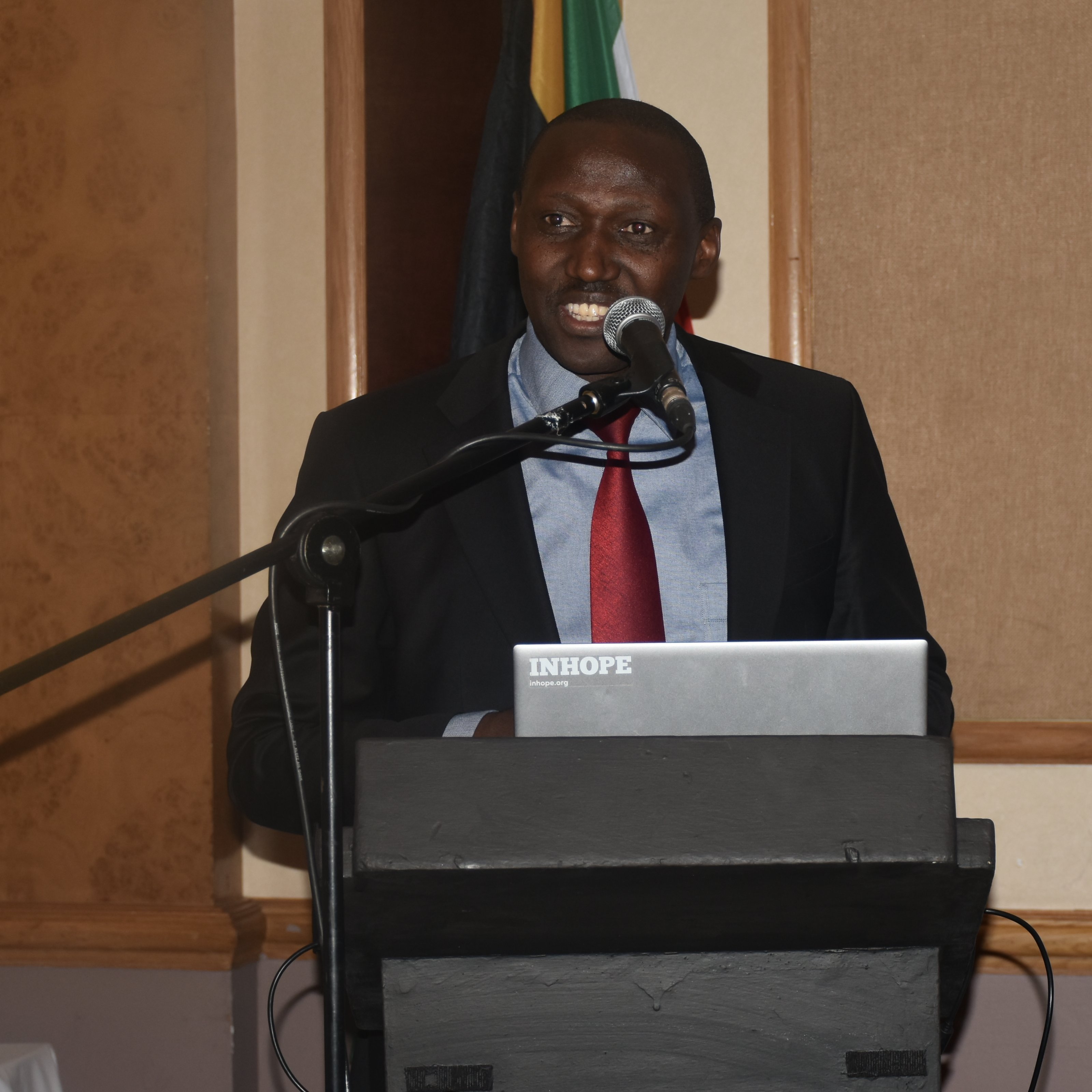
The Digital Employability Programme, launched in 2021, offers lessons on starting and running independent content creation enterprises to learners.

